Indigenous Governance Database
IGD Database Search
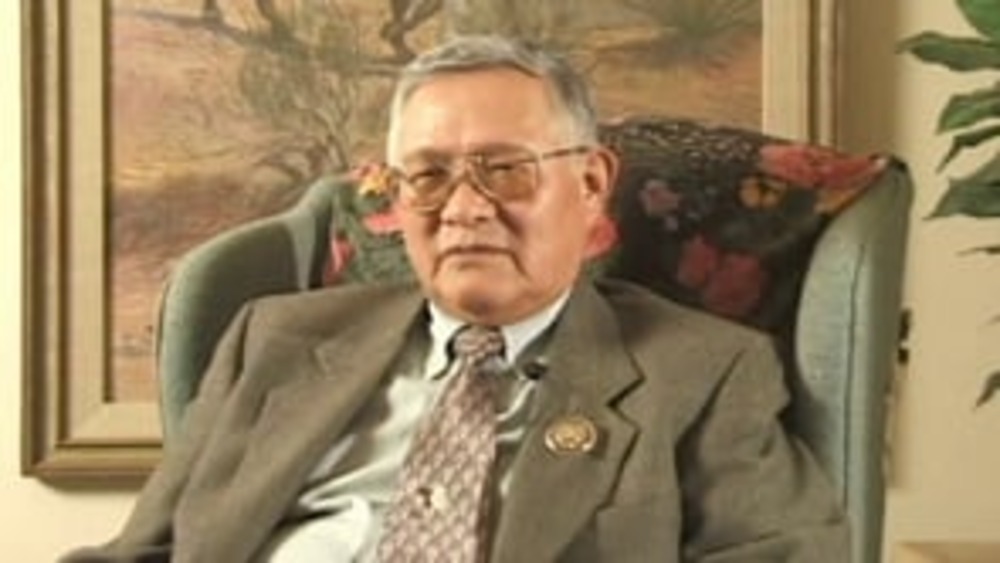
Great Tribal Leaders of Modern Times: Edward T. Begay
Produced by the Institute for Tribal Government at Portland State University in 2004, the landmark “Great Tribal Leaders of Modern Times” interview series presents the oral histories of contemporary leaders who have played instrumental roles in Native nations' struggles for sovereignty, self-…
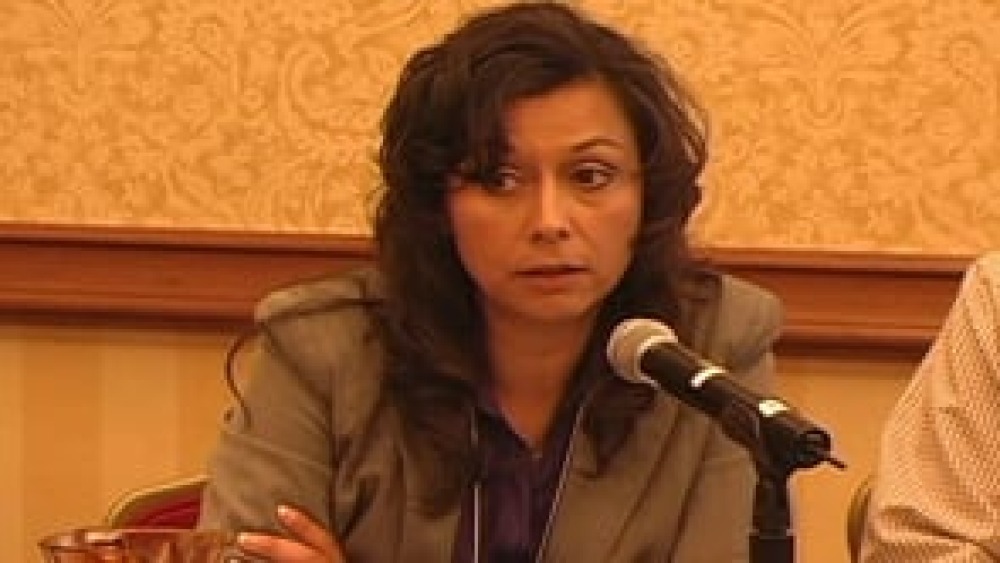
Martin Harvier and Monica Simeon: Building Sustainable Economies: Approaches and Perspectives (Q&A)
Martin Harvier, Vice President of the Salt River Pima-Maricopa Indian Communty, and Monica Simeon, CEO and Principal Partner of Sister Sky, field questions from the audience about their roles in building sustainable economies for their respective nations.
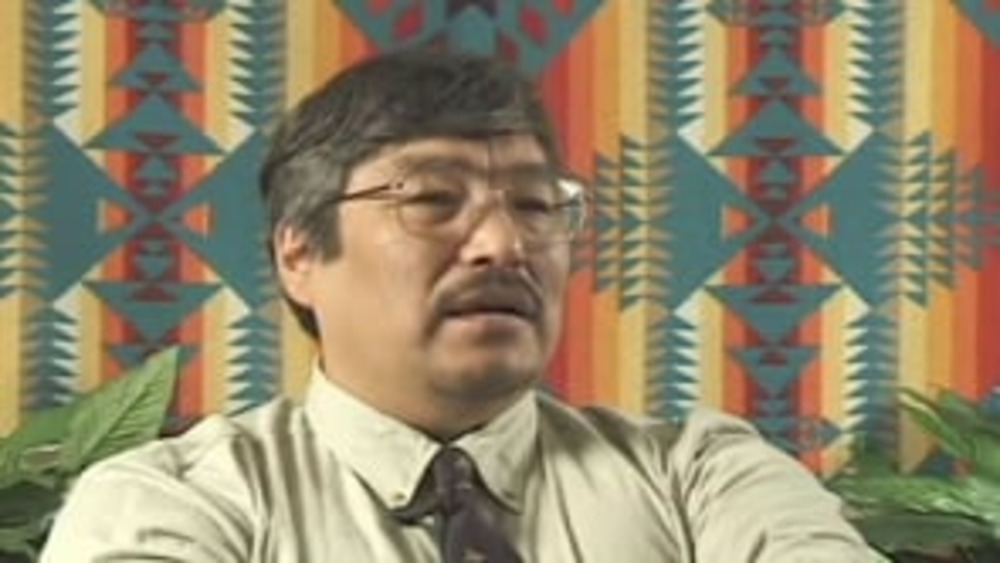
Great Tribal Leaders of Modern Times: Mike Williams
Produced by the Institute for Tribal Government at Portland State University in 2004, the landmark “Great Tribal Leaders of Modern Times” interview series presents the oral histories of contemporary leaders who have played instrumental roles in Native nations' struggles for sovereignty, self-…
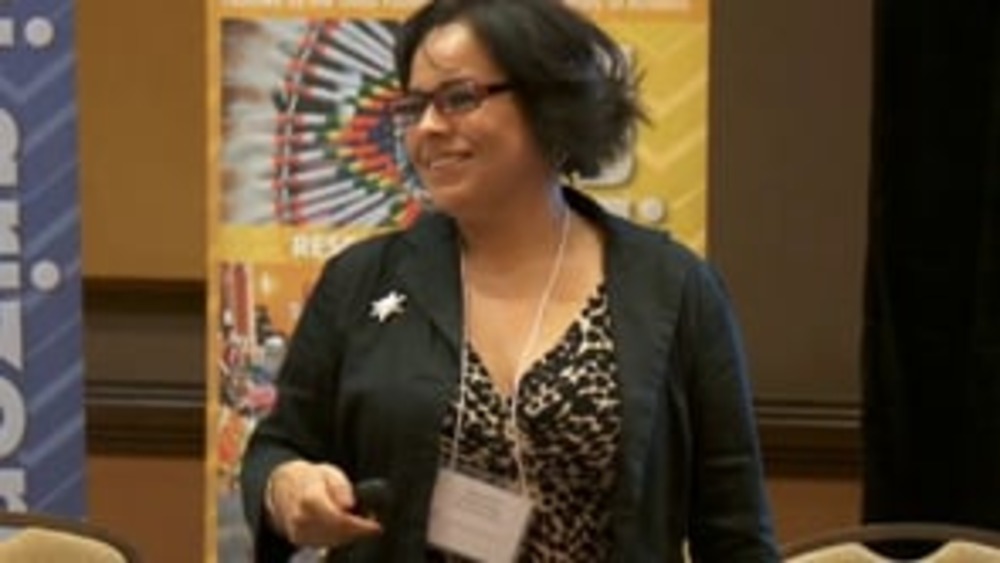
From the Rebuilding Native Nations Course Series: "Building Capacity to Get the Job Done"
Herminia Frias, former chairwoman of the Pascua Yaqui Tribe, discusses why it is important for leaders to work to build the capacity of their Native nations to effectively engage in nation building.
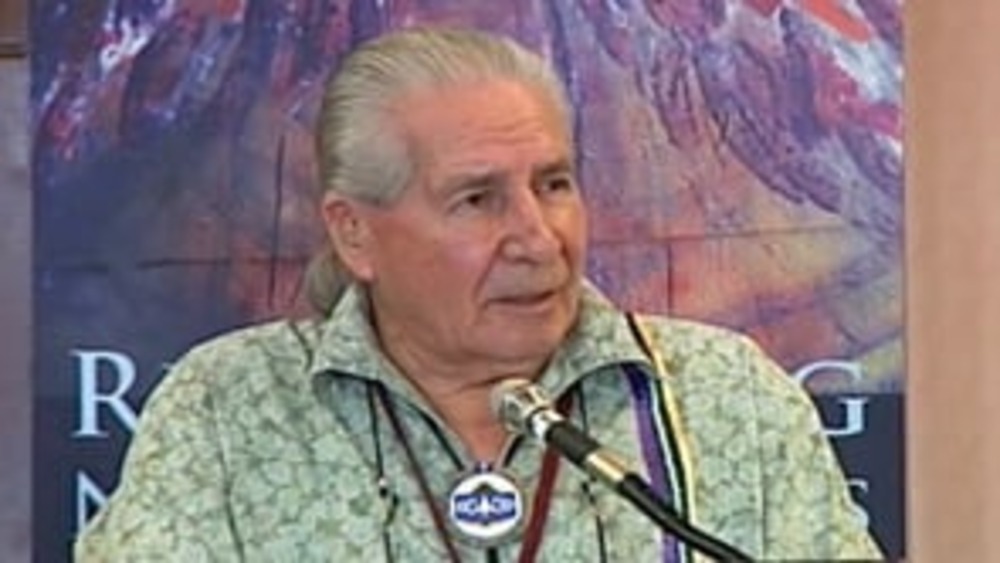
From the Rebuilding Native Nations Course Series: "The Strategic Approach to Leadership"
Native leaders discuss why it is important for Native nation leaders to take a strategic approach to leadership, stressing that the decisions they make must be made with the culture and values of their people and the next seven generations in mind.
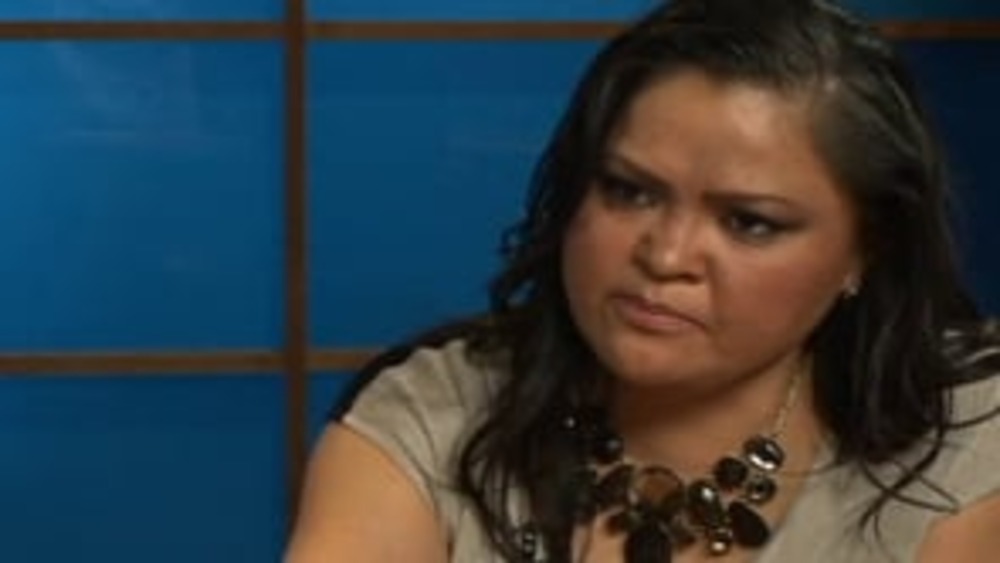
From the Rebuilding Native Nations Course Series: "Leaders Are Educators"
Native leaders and scholars stress that for Native nation leaders to be effective at advancing their nation's priorities, they need to do more than just make decisions -- they need to educate and consult the citizens they serve.
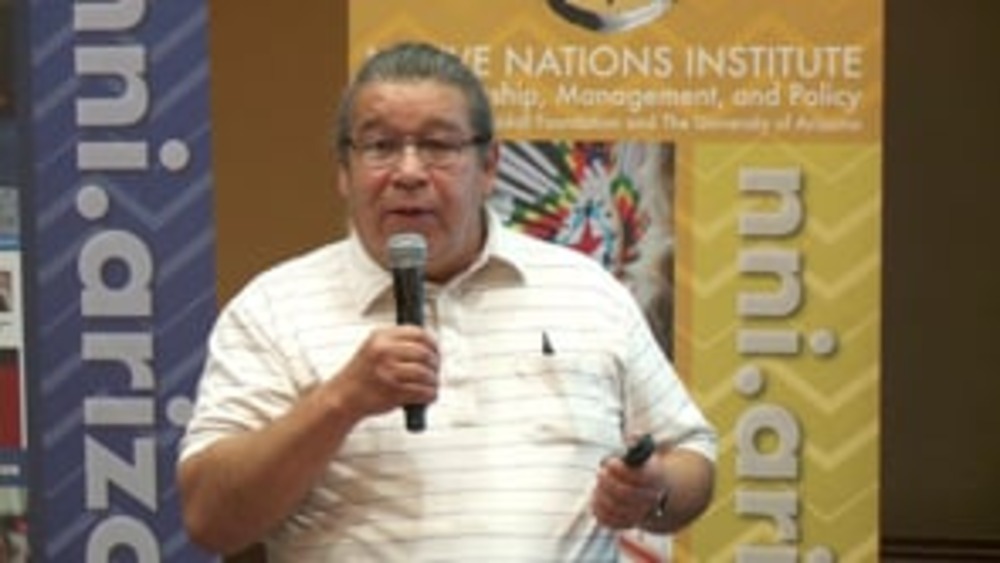
Richard Jack: Engaging the Nation's Citizens and Effecting Change: The Lac du Flambeau Story
Richard Jack, Chairman of the Constitution Committee of the Lac du Flambeau Band of Lake Superior Chippewa Indians, discusses some of the struggles that he and his fellow committee members have encountered as they engage the Lac du Flambeau people on the topic of constitutional reform and the need…
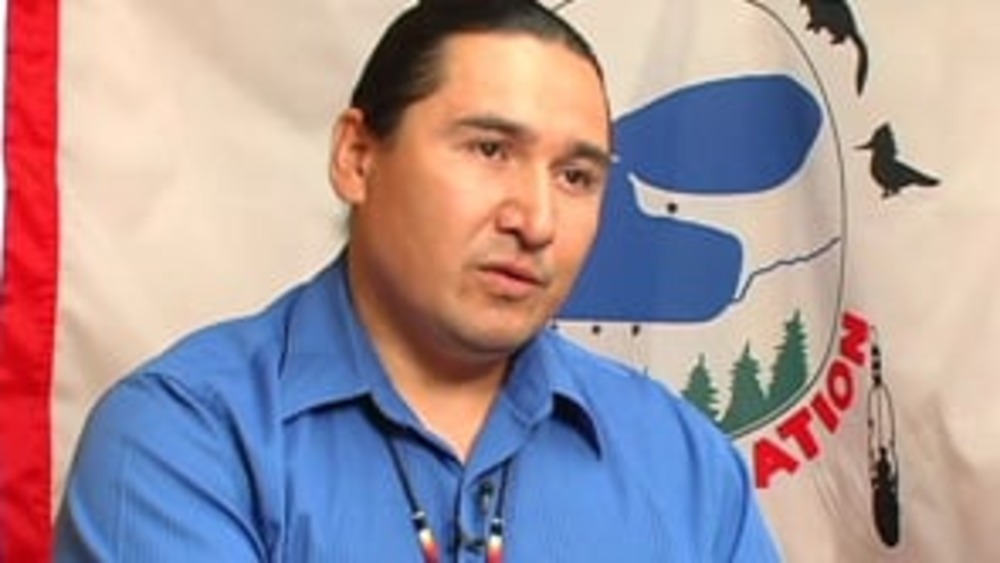
From the Rebuilding Native Nations Course Series: "Defining Sovereignty"
Native leaders offer their definitions of what sovereignty is and what it means for Native nations in the 21st century.
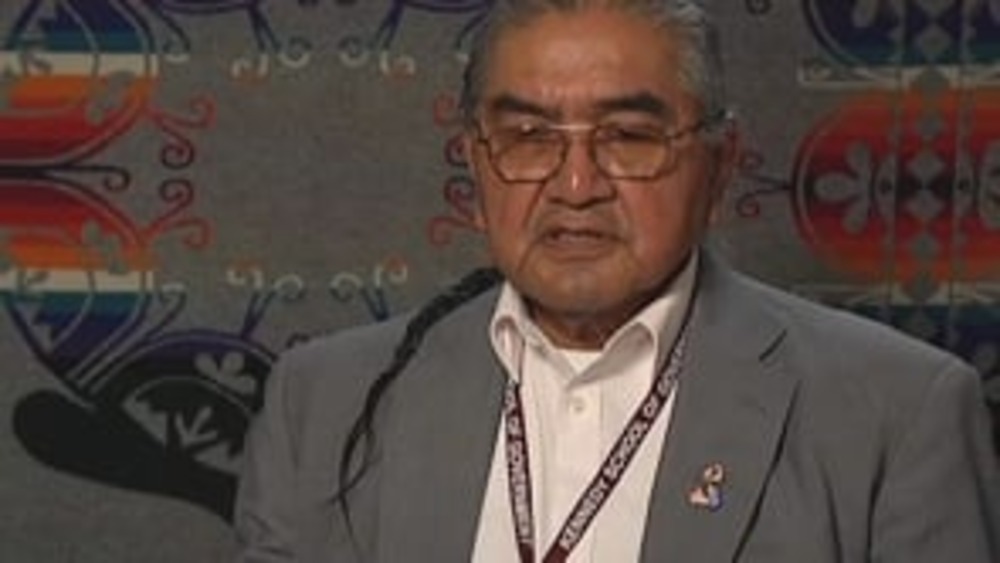
From the Rebuilding Native Nations Course Series: "The Importance of Strategic Planning"
Native leaders explain the importance of strategic thinking and planning to effective Native nation governance and emphasize the consideration of future generations in Native nations' decision-making processes.
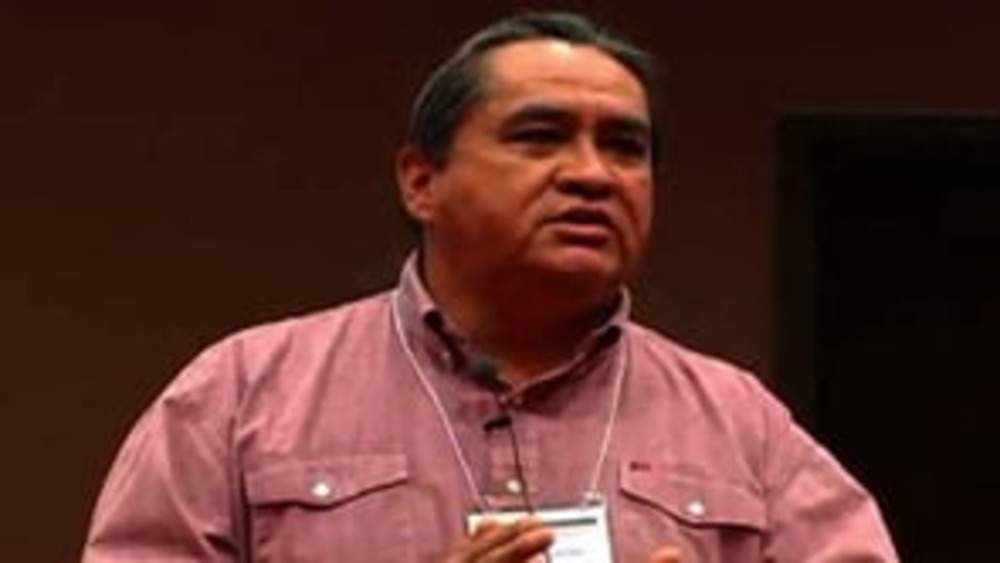
From the Rebuilding Native Nations Course Series: "The Importance of Capable Governing Institutions"
Dr. Manley Begay discusses the critical role capable governing institutions play in Native nations' ability to effectively exercise their sovereignty, in particular institutions designed to ensure the neutral resolution of disputes and the careful management of the relationship between tribal…
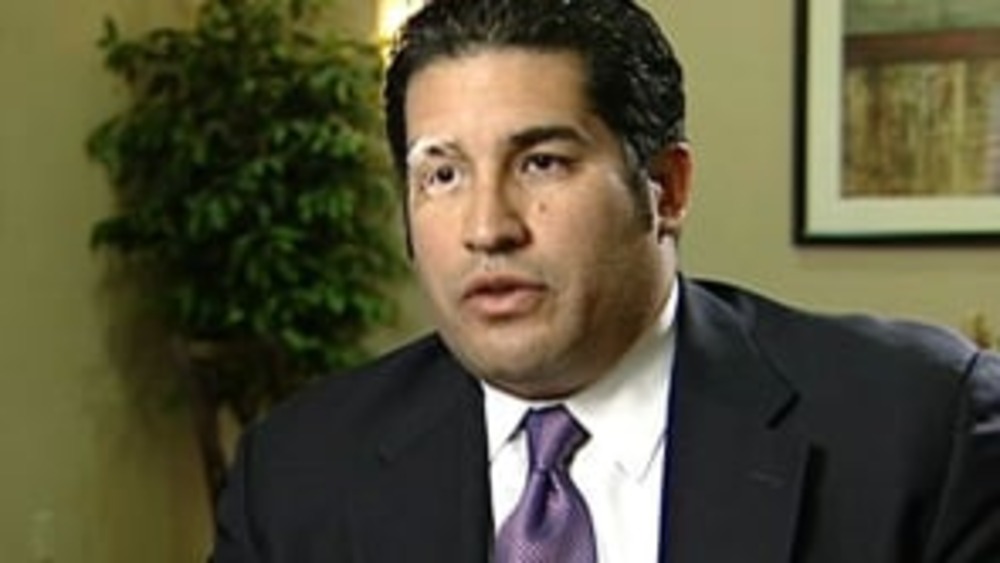
From the Rebuilding Native Nations (RNN) Course Series: "What is Nation Building?"
Native leaders define what nation building means to them, and what it entails for Native nations who are working to reclaim control over their own affairs and build vibrant futures of their own design.Learn about the RNN Course Series
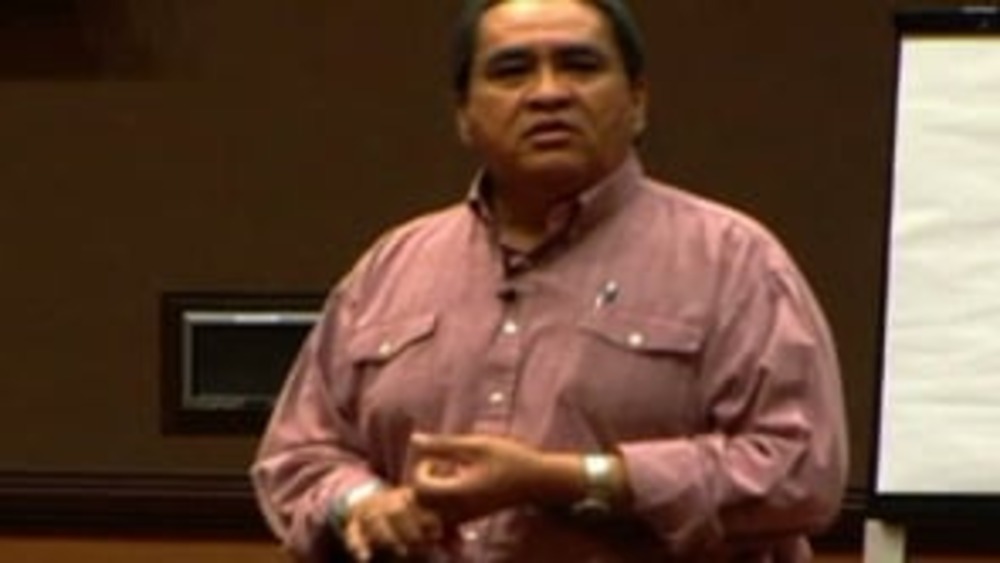
From the Rebuilding Native Nations Course Series: "The Importance of Cultural Match"
Dr. Manley Begay provides an overview of cultural match, which the Native Nations Institute and the Harvard Project have identified as one of the five keys to successful Native nation building.
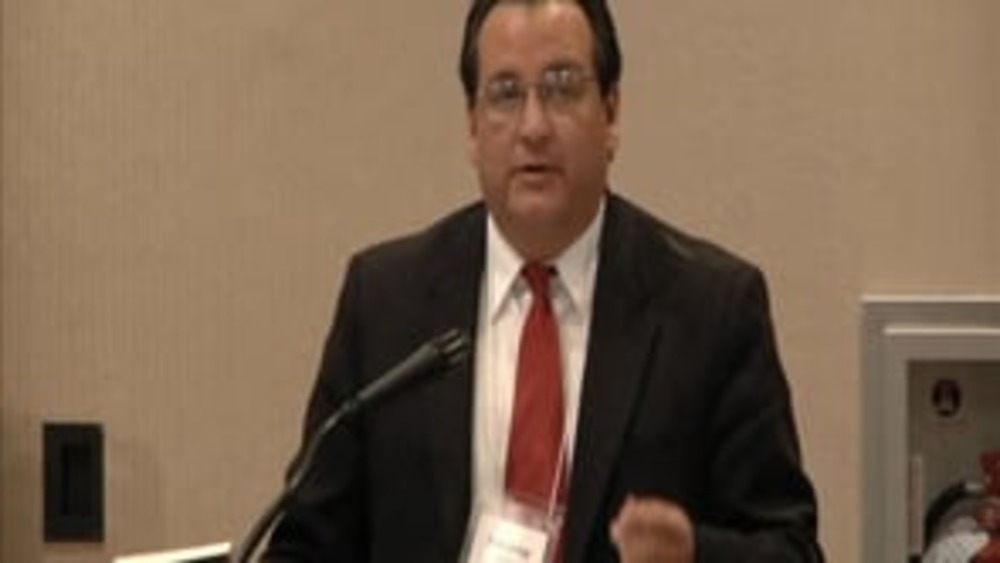
James R. Gray: Educating and Engaging the Community: What Works?
James R. Gray, former Chief of the Osage Nation, discusses leadership and governmental reform through educating and engaging the community. This video resource is featured on the Indigenous Governance Database with the permission of the Bush Foundation.
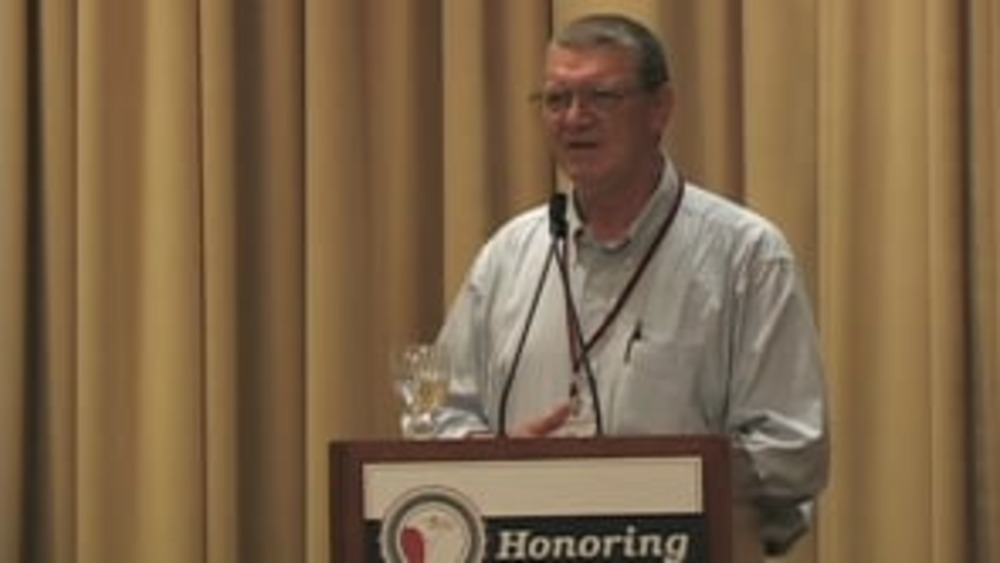
Honoring Nations: Pat Sweetsir: Yukon River Inter-Tribal Watershed Council
Middle Yukon Representative Pat Sweetsir of the Yukon River Inter-Tribal Watershed Council (YRITWC) discusses how and why the Indigenous nations living in the Yukon River Watershed decided to establish the YRITWC, and the positive impacts it is having on the health of the watershed and those who…
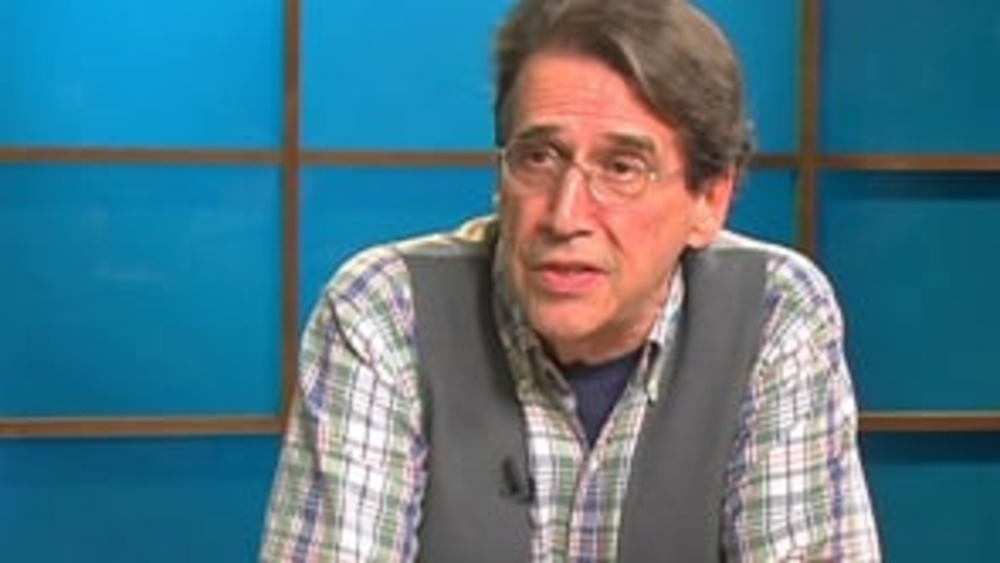
From the Rebuilding Native Nations Course Series: "Giving the Justice System the Support It Needs"
Native leaders and scholars share some critical ways that Native nations can support their justice systems to ensure their effectiveness.
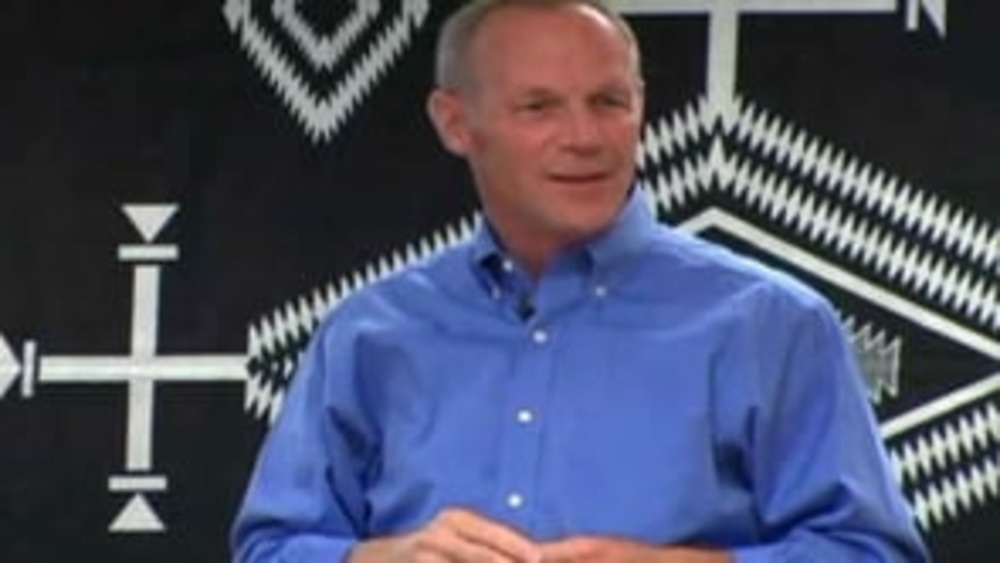
From the Rebuilding Native Nations Course Series: "Rules are More Important than Resources to Enterprise Success"
Professor Joseph Kalt discusses the importance of sound laws, codes, policies and other rules to the building of diversified, sustainable economies in Indian Country and everywhere else around the world.
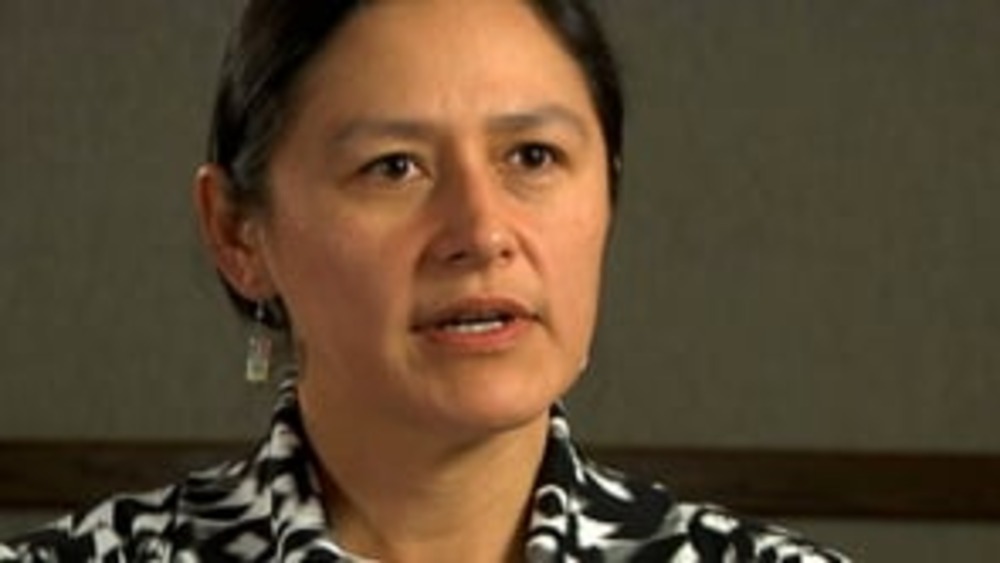
From the Rebuilding Native Nations Course Series: "Citizen-Owned Businesses: Improving the Quality of Life"
Native leaders and scholars discuss the ways that citizen-owned businesses contribute to an improved quality of life for Native nations and their citizens.
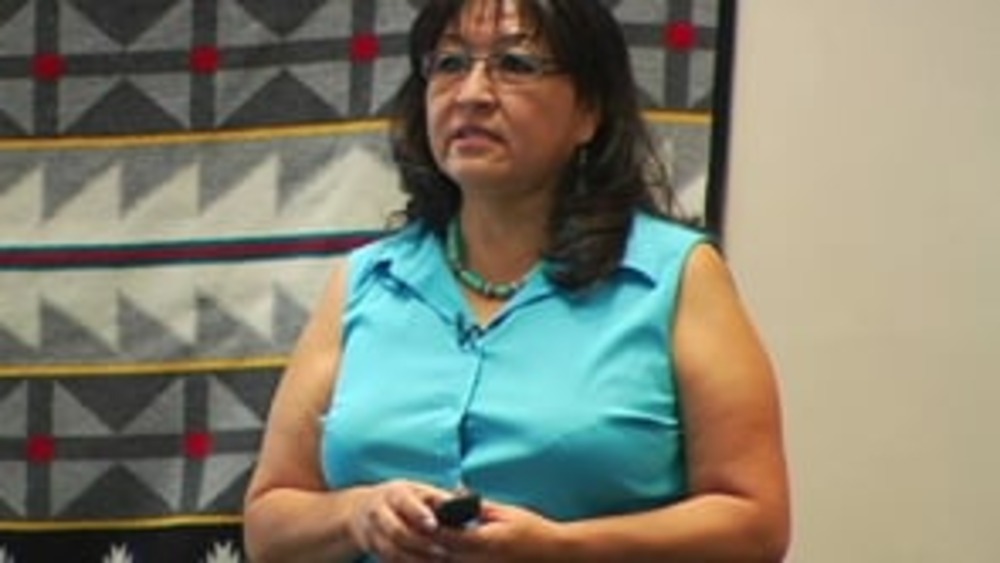
From the Rebuilding Native Nations Course Series: "Small Businesses and the Multiplier Effect"
NNI Executive Director Joan Timeche talks about the positive impact of citizen-owned businesses on reservation economies, not just in terms of economic development but in the overall quality of life for tribal citizens.
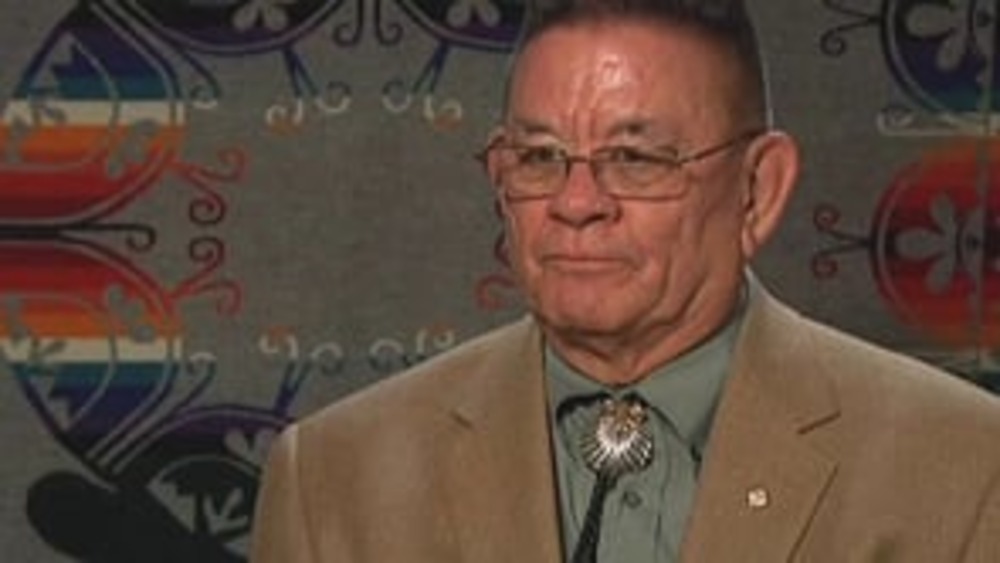
From the Rebuilding Native Nations Course Series: "What Strong, Independent and Legitimate Justice Systems Require"
Native leaders and scholars discuss what Native nations need to do to create strong, independent and culturally legimate justice systems.
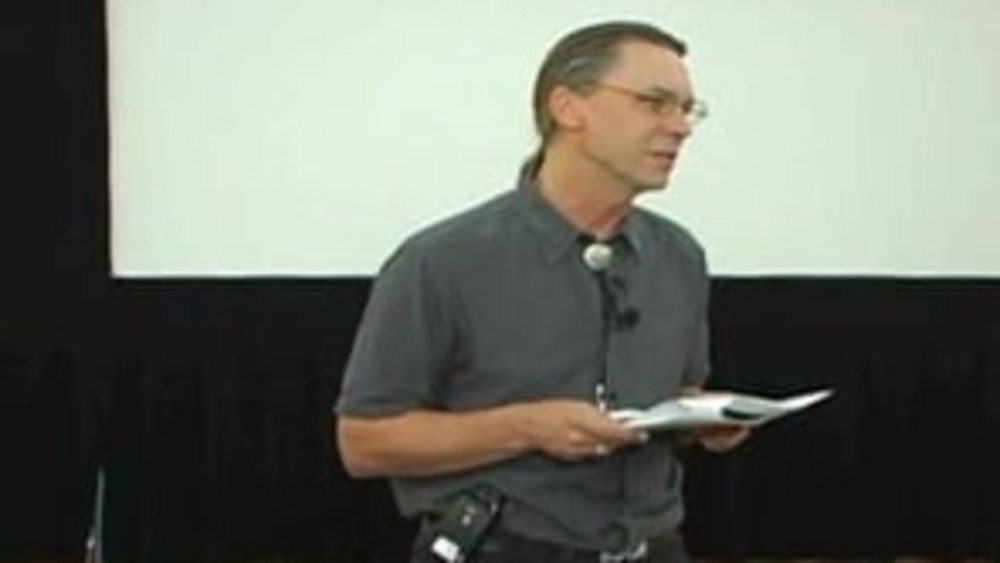
From the Rebuilding Native Nations Course Series: "Test: Does Your Nation Have an Independent Judiciary?"
Professor Robert A. Williams, Jr. shares a short test to help a Native nation and its leaders and citizens determine whether or not their judicial system is truly independent.
Pagination
- First page
- …
- 43
- 44
- 45
- …
- Last page
